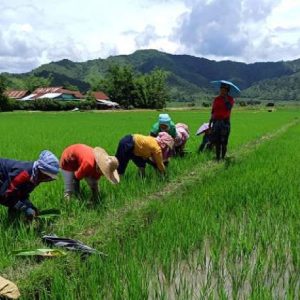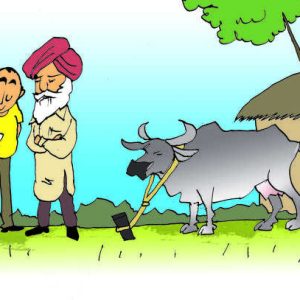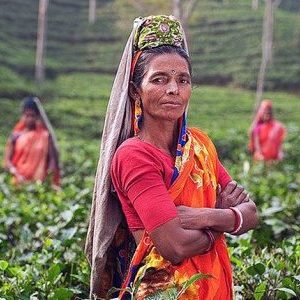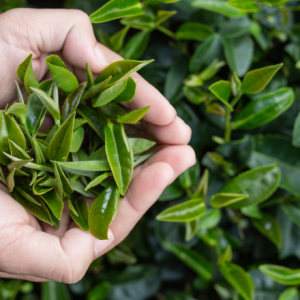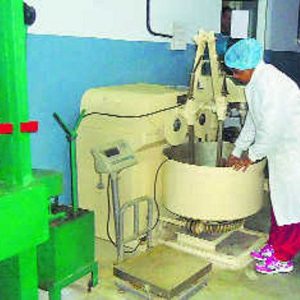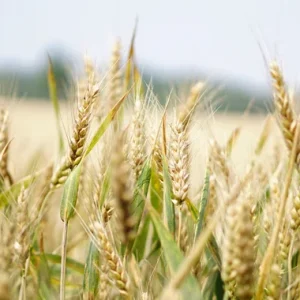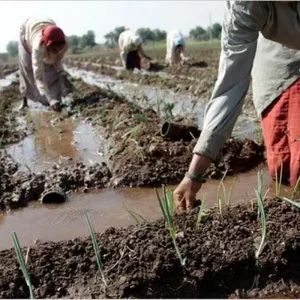India is the largest domestic market for spices in the world. Of the total 109 spices listed by the International Organization for Standardization, India is home to 65 different kinds of spices. Spices from India are in great demand all over the world. With the scale of demand being global, spices have several challenges associated with it including food sustainability, traceability and safety standards.
Food safety regulation pertaining to spices and herbs for the purpose of export hinges on safety and quality, with particular focus on any kind of contamination. As Europe and US are amongst the biggest consumers of spices from India, it needs to be understood that Corporate Social Responsibility (CSR) and Sustainability are emphasized upon the idea guided by the concept of ethical and responsible consumption.
To control and maintain the quality of Spices, FSSAI has set some protocols which are codified for a bunch of 30 spices and condiments and included in this category are Cardamom, Chillies, Cinnamon, Cassia, Cloves, Coriander, Cumin etc. FSSAI prohibits the sale of powdered spices and condiments in loose form.
Some of the standards pertaining to commodities as per FSSAI are as under:
1. Cardamom seeds: It should have a characteristic odour and should be free of any kind of rancidity and any other odour, but its own characteristic odour.
2. Chilly: It is one of the biggest commodities exported and FSSAI has prescribed that it should not have edible oil maximum limit of 2% by weight. The product level should clearly specify the quantity and the nature of oil used.
3. Turmeric: Turmeric powder should have characteristic odour and flavour of turmeric. It should be free from mustiness or other foreign odours. The products must be free from mould, living and dead insects, insect fragments, and rodent contamination.
4. Mustard: It should be free from mould, living and dead insects, insect fragments, and rodent contamination. The powder shall be free from any added colouring matter.
5. Ginger: It shall have a characteristic taste and flavour free from musty odour or rancid or bitter taste. The powder shall be free from added colouring matter.
Other parameters that need to be factored in for the traders should include:
1. Air quality and ventilation: Air quality and ventilation should be such that it should not flow from the contaminated areas to clean areas as the odour of the spices can be permeated by contamination. Ventilation fans should be monitored regularly to check insect ingress.
2. Water: Only potable water to be used and non-potable water should not be mixed with potable water.
3. Storage: Storage should be dry and ventilated to avoid the formation of moulds. Spices should be stored in an environment with humidity that does not result in product moisture that can support the growth of moulds.
4. Food Testing Facilities: preferably an in-house testing facility should be there, and if it’s not there then arrangement should be made to have the product tested from an FSSAI accredited lab.
5. Supply-side matters: All the spice suppliers should undergo a mandatory risk assessment. Chances may emanate of cross-contamination of spices arising out of their cultivation in lands closed to each other. It is a high risk rated supplier side and it should be monitored regularly. Raw materials should also be checked for the presence of any allergic material
Last but not the least, one has to sign a suppliers’ code of conduct wherein the exporter has to declare that he is conducting his business in a responsible way.
For more details, please write to contact@agnext.in or call +91 9700720005

